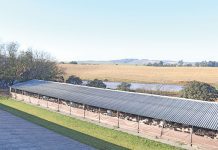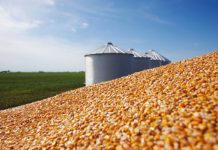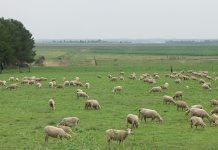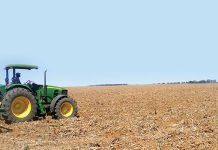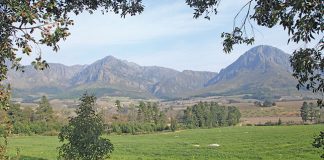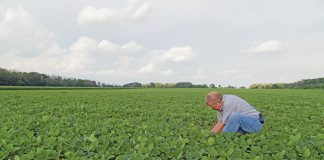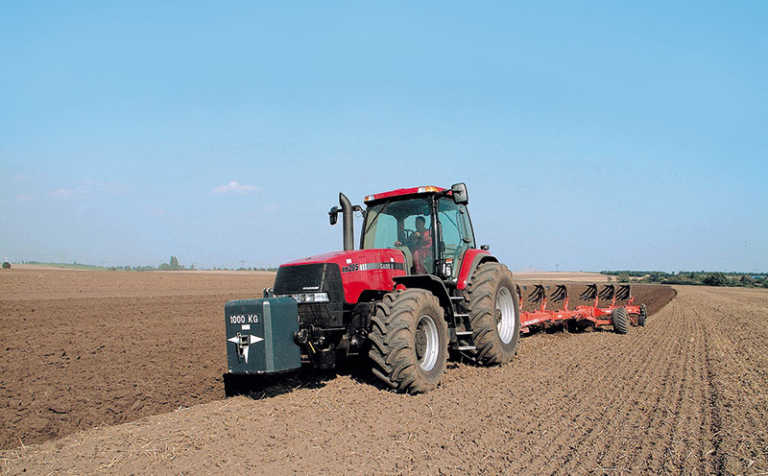
Photo: FW Archive
Farmers face many more challenges than just the weather and low product prices. Here are seven of a farmer’s most important financial needs:
1.Risk cover
An accident can suddenly happen or serious illness can strike without any warning. Should you be unable to work for a long period or permanently, the future of your farm is likely to be threatened. As the name suggests, Income Protector Cover will “replace” your income should something happen to you. It could even allow you to employ someone to help you run the farm.
2. Debt cover It’s important to make sure your loved ones will be provided for in the event of your death. Should a farmer die with outstanding debt, his relatives might struggle for cash. This debt could be the bond on the farm, the loan the farmer took out to buy a new tractor or unpaid taxes.
This debt must be paid before anyone can inherit anything and could see the family being forced to sell some assets (belongings).
So you need to make sure there will be enough cash available in your estate at the time of your death and that your will is up to date.
3. Farm financing
Just like in any other business, a farm needs financing from time to time. Choose the method of financing that increases profits while keeping the risk low. Also, the “lifetime” of the asset should match the finance term. For example, a farmer would not buy land on his bank overdraft, or finance a tractor with a 20-year bond on his farm.
4. Asset insurance
Crop and asset insurance play a very important role in a modern farming business. Total or even partial crop failure can seriously cripple a financially sound farming business. A farmer should therefore study the different risks they face and decide which are big – or expensive – enough to require insurance.
5. Bank account
It’s a good idea to have an account in which money gains an optimal rate of interest and is available when needed. Farmers also need electronic banking to pay suppliers. A possible option is a bank account, with full transactional abilities, that’s linked to a money market fund. In this way, you have access to your money when needed and you can earn a higher rate of interest than you would in a “normal” bank account.
6. Hedging instruments
What does this mean? Well, should the price of your crops drop after you’ve planted them, you’ll face a big loss. “Hedging instruments” help you handle this risk. You will, however, need professional advice here.
7. Retirement investments
Many farmers hope their children will take over their farms. But are the farm’s profits enough to support more than one family? And if you want to move to town when you retire, you’ll need money to buy a house. By investing some profit outside of the farm every year, you can save for retirement, but start as soon as possible.
For more information visit www.sanlam.co.za.

